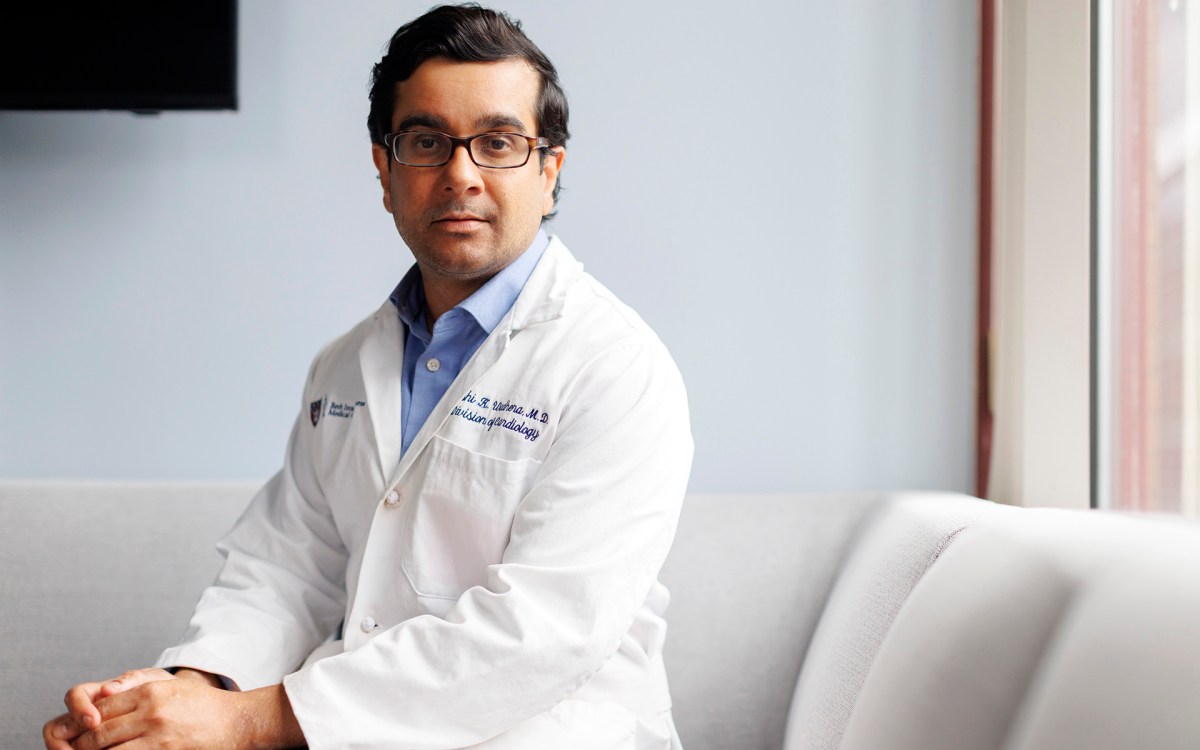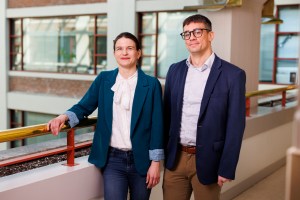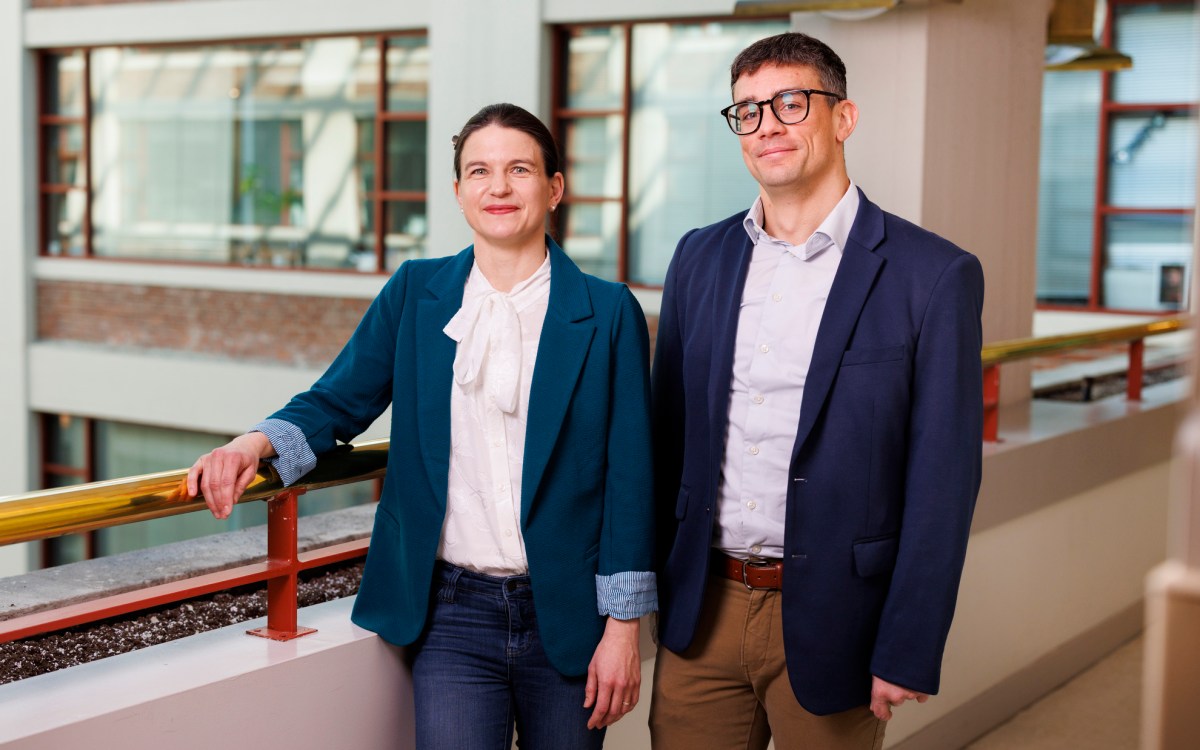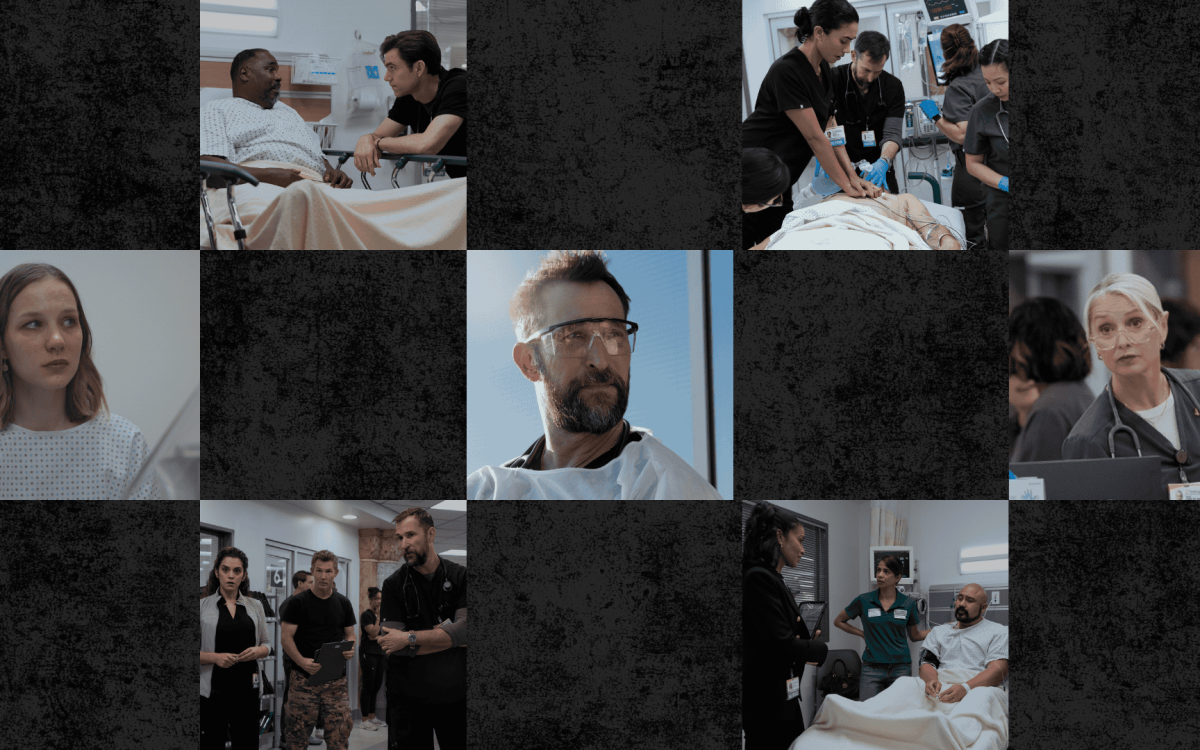Investigators discover method to stimulate brain rewiring after stroke
Substance helps stroke-impaired rats “rewire” their brains
After a stroke, brain cells die and their connections to other parts of the brain are lost. In a study with rats conducted at Children’s Hospital in Boston, a naturally occurring substance called inosine was shown to stimulate nerve cells in undamaged parts of the brain to grow new connections into brain areas that had lost their normal connections as a result of a stroke. This “rewiring” partially compensated for the loss of the original connections, and resulted in significant improvement in several types of behavior compared to rats that did not receive inosine. As yet, there are no clinically approved methods to enhance brain rewiring. The investigators are hopeful that inosine may prove to be one such method. In June 2002, they said clinical trials were expected to begin within a few months. Larry Benowitz, director of the Laboratories for Neuroscience Research at Children’s Hospital Boston and an associate professor of Neurosurgery at Harvard Medical School, was the principal investigator of the study. The study was published in the June 25, 2002, issue of the Proceedings of the National Academy of Sciences.





